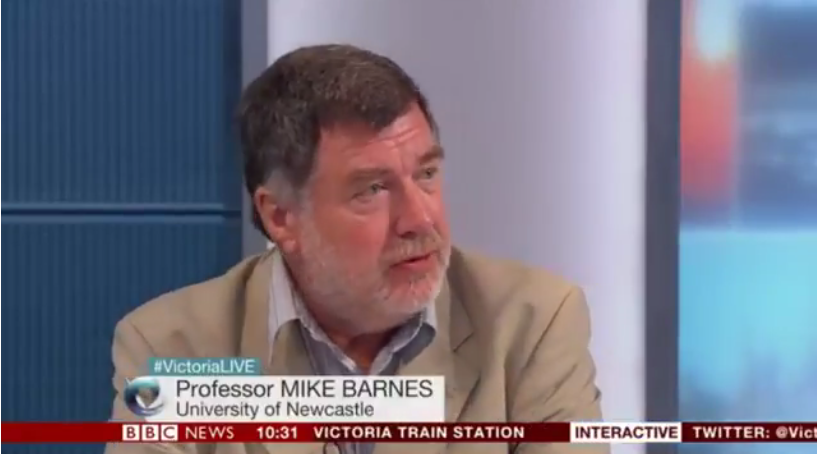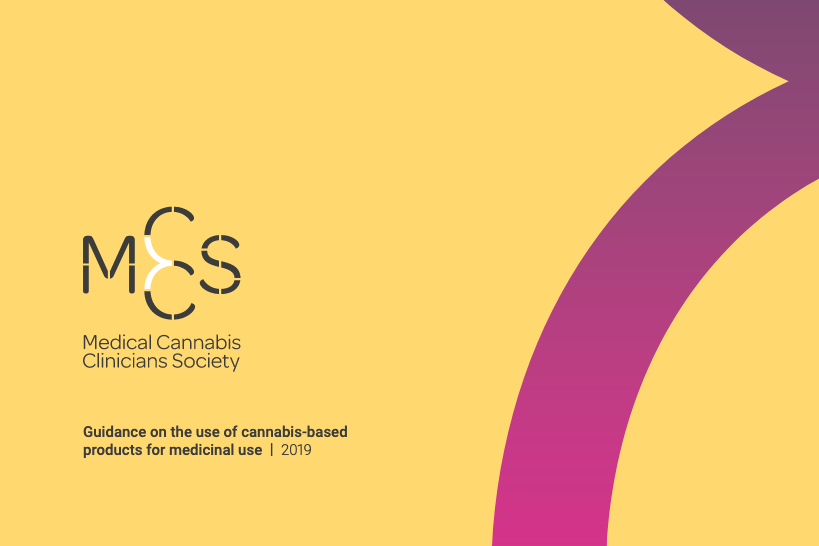The Medical Cannabis Clinicians’ Society (MCCS) and the All-Party Parliamentary Group (APPG) for Medical Cannabis under Prescription issued new guidance last week identifying conditions for which there are “conclusive or substantial”, “moderate”, and “limited” evidence of efficacy of medical cannabis treatment, as well as those for which it says there is “no conclusive evidence”.
Mike Barnes, chair of the MCCP, told the Health and Social Care Select Committee that the guidance was “broader” than the current guidance from the Royal College of Physicians and the British Paediatric Neurology Association.
Conclusive evidence
In the conclusive category, the guidance lists spasticity, pain, chemotherapy-related nausea and vomiting, and epilepsy.
On pain, the MCCS says it considers that cannabis “should not be first line treatment for chronic pain management as there are acceptable licenced products available”, but it adds that it “has doubts about the wisdom of using opioid medication before cannabis for chronic pain”.
“The side effects of opioids and the risk of death from overdosage are well known. The MCCS are aware of the ‘opioid sparing’ effect of cannabis, whereby the dose of opioids can often be reduced or even stopped after the introduction of cannabis. The MCCS consider that serious consideration should be given to using cannabis medicine when otherwise opioids may have been considered. The MCCS suggest trying a high CBD / low THC product at first before moving, if necessary, to a more balanced product and finally a high THC / low CBD product.”
On epilepsy, the MCCS does not recommend cannabis “as first line medication” but “equally does not consider it should be a drug of last resort”. The MCCS “does not disagree with Epidiolex being used first but considers that if Epidiolex is not particularly efficacious then a full extract product should be considered which may contain a small amount of THC. The MCCS are not aware of any evidence that has found that a small dose of THC combined with CBD is damaging to the developing brain in children.”

Moderate evidence
In the moderate category, the report cites only sleep, but says there is evidence of improved outcomes for those with obstructive sleep apnoea syndromes, fibromyalgia, chronic pain and multiple sclerosis. It adds: “These are the diagnoses in which studies have been undertaken but there is no reason why sleep disturbance in other conditions should be not be helped.”
Limited evidence
In the limited category, the report lists that cannabis increases appetite and decreases weight loss, “particularly in HIV/AIDS”; that CBD helps anxiety and that such a prescription should be “considered before every licenced anti-anxiety medication has been tried although clearly licenced product categories should be prescribed first – just not every drug in each category”. Also listed is post-traumatic stress disorder; symptoms of Tourette’s syndrome; and “better outcomes” after traumatic brain injury and intracranial haemorrhage.
No conclusive evidence
The report says there is currently no conclusive evidence for efficacy in (a non-definitive list): motor control in Parkinson’s disease; dystonia; Huntington’s disease; behavioural control in dementia; gastrointestinal disorders including IBS, Crohn’s and ulcerative colitis; depression; obsessive compulsive disorder; autism spectrum disorder; and cancer.
No doubt many UKCSC members with direct experience of some of these would disagree.
However the report adds: “This does not mean that cannabis is not effective in some circumstances but means that the studies have not allowed a firm conclusion to be drawn or have not been conducted. The MCCS note again that cannabis can be used as a product to enhance quality of life, regardless of condition, given its effectiveness for relief of pain, nausea, spasticity, sleep disturbance, poor appetite, anxiety, etc.”
And with regards to cancer it says that there is “certainly some early evidence that many cannabinoids have anti-cancer properties. There are many case studies in man showing that cannabis may reduce tumour load.
“However, the MCCS accept that the overall evidence for a ‘cure’ of some cancers is thin. Nevertheless, cannabis can help many problems associated with cancer, including anti-nausea effects during chemotherapy, reduction of pain, reduction of spasticity in nervous system tumours, reduction of anxiety, improved sleep and improved appetite. Thus a prescription of cannabis for a patient with cancer may be a very reasonable consideration for an improved quality of life.”
Side effects
Drowsiness, dry mouth, disorientation, euphoria and confusion are listed as possible side effects of high THC medicine. “These problems are more prevalent in high THC street cannabis and generally are less of an issue in lower THC medical cannabis, especially when counteracted by CBD,” it adds.
The risk of psychosis from higher THC cannabis is “not entirely clear from the available literature”, but the MCSS considers “a contraindication would be a history of schizophrenia or psychosis or a family history of these conditions. This is especially the case in younger males.” But there is evidence that cannabis medicine can treat schizophrenia and GW Pharmaceuticals have even been working on such a product.
Another relative contraindication, because THC can fasten pulse rates, “would be a heart condition that could be exacerbated by a high pulse”.
The report says dependency “can occur in about 9% of chronic users but these studies have largely been carried out on ‘street’ cannabis users with higher THC (and much less CBD) than is generally the case with medical cannabis”. The 9% figure also likely includes a high number of those who mix cannabis with tobacco.
Drug interactions “need to be considered particularly clobazam prescription in epilepsy as cannabis can increase circulating levels”; and “like any other medicine” cannabis should “not be used in pregnancy or while breast-feeding unless absolutely essential”.
Other recommendations
The MCCS recommends that “given that there are few doctors familiar with cannabis medicine, a specialist does not refuse prescription based on their own lack of understanding but seeks to work with an expert cannabis physician”.
While the report recognises the need for more research into cannabis’ medical properties, it points out that “cannabis has been used for centuries by many millions of people and much is known about efficacy and side effects from this accumulated experience. Such experience should not be lightly dismissed.”
The MCCS also says that standard double-blind randomised placebo-controlled trials “will be very difficult to conduct”, explaining: “If one takes chronic pain as an example, it is known that many people will respond to a high CBD / low THC product but that others will need a more balanced product and some will respond best to a high THC / low CBD product. The experience of Canadian producers confirms that a whole product range from high CBD to high THC is required to satisfy the requirements of those in chronic pain. Thus, any one strain, as would be needed for a single product and single indication trial, would only assist a relatively small proportion of patients and thus is likely to fail a statistical analysis against placebo. The lack of evidence from single-strain cannabis double-blind placebo-controlled trials should not necessarily be interpreted as lack of efficacy for the family of these medicines as a whole.
“A broader analysis of evidence from many sources is required. This point is not widely understood by many practitioners. The generally mild side effect profile (particularly of the high CBD products) needs to be taken into account, and the side effects of alternative medications also needs to be considered. Such as opioids for pain or multiple anti-epileptic drugs (AEDs) for epilepsy, as well as the effects of continuing symptoms (such as the damage from ongoing epilepsy in childhood epilepsy syndromes).”

Speaking at a House of Commons Health and Social Care Select Committee evidence session on medical cannabis last week, Barnes said: “This [MCCS guidance] explains a bit more about the background to cannabis generally [and] explains some of the terminology. At a fairly high level, it goes through some of the evidence for the other conditions that may be considered.”
The MCCS describes itself as an “academically independent not-for-profit” group which is “open to any clinician with an interest in cannabis as a medicine”.
The APPG for Medical Cannabis under Prescription defines its purpose as to “secure legislation for access to natural cannabis for medical purposes in the UK under prescription from a medical professional”.
Asked at the evidence session whether there were any competing interests behind the guidance, Barnes said that “we had some support from European Cannabis Holdings (ECH) simply to print [it], but it’s totally independent. I wrote most of it.”





Comments (3)